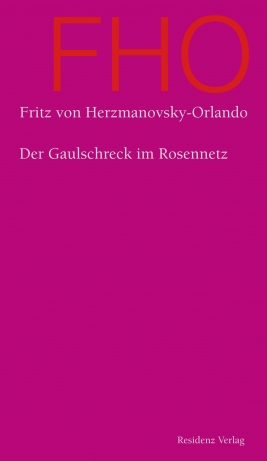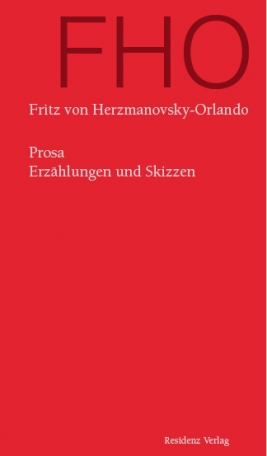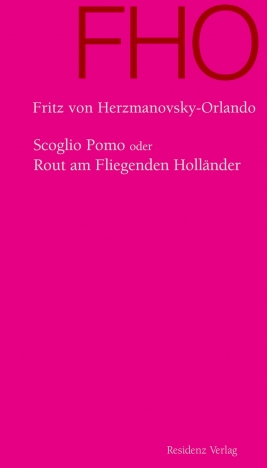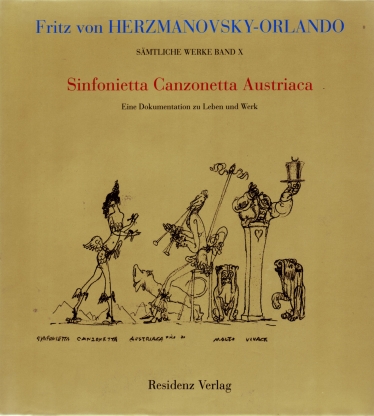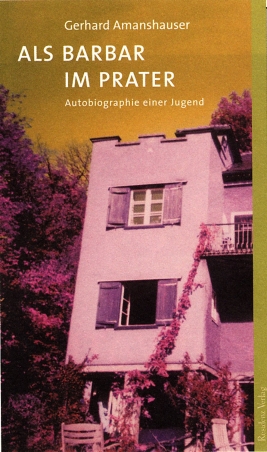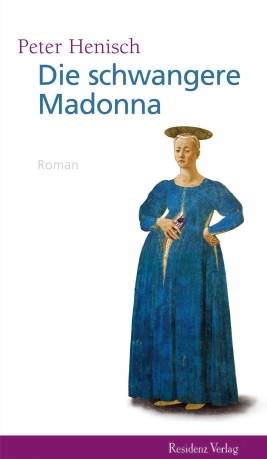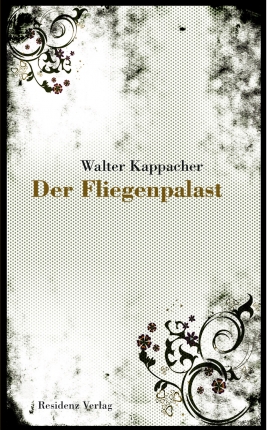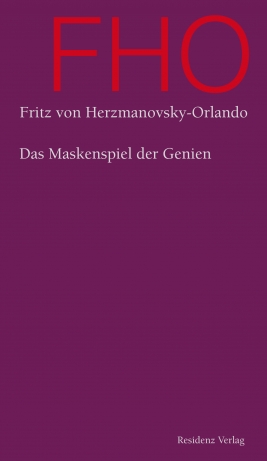
Fritz von Herzmanovsky-Orlando Klaralinda Ma-Kircher (Edited by) - Masquerade of the Genii
The readers’ edition of Fritz von Herzmanovsky’s main work.
A dream path behind a cabinet door leads the unmarried orphan Cyriak de Pizzicolli, who has never traveled beyond Graz and its vicinity, to “Tarockei”, the “only neighboring country to the world”. The fantastical land inhabited by magical beings is an Austrian-Byzantine utopia, where the constitution is based on the card game tarot. What adventures he experiences after encountering the breathtakingly beautiful Cyparis and why he ends up wearing stag antlers on his head can be told by none less than Fritz Herzmanovsky-Orlando. “Masquerade of the Genii” is not only his main work, but also one of the main works of 20th century Austrian literature – the fantastical sister of Robert Musil’s “Man Without Qualities”, like Alice in Wonderland stumbling into Kafka’s Castle, a wonderful nightmare bubbling with ideas and humor!
Book details
edited by Klaralinda Ma-Kircher504 pages
format:110 x 190
ISBN: 9783701715527
Release date: 13.10.2010
License rights
- Poland






